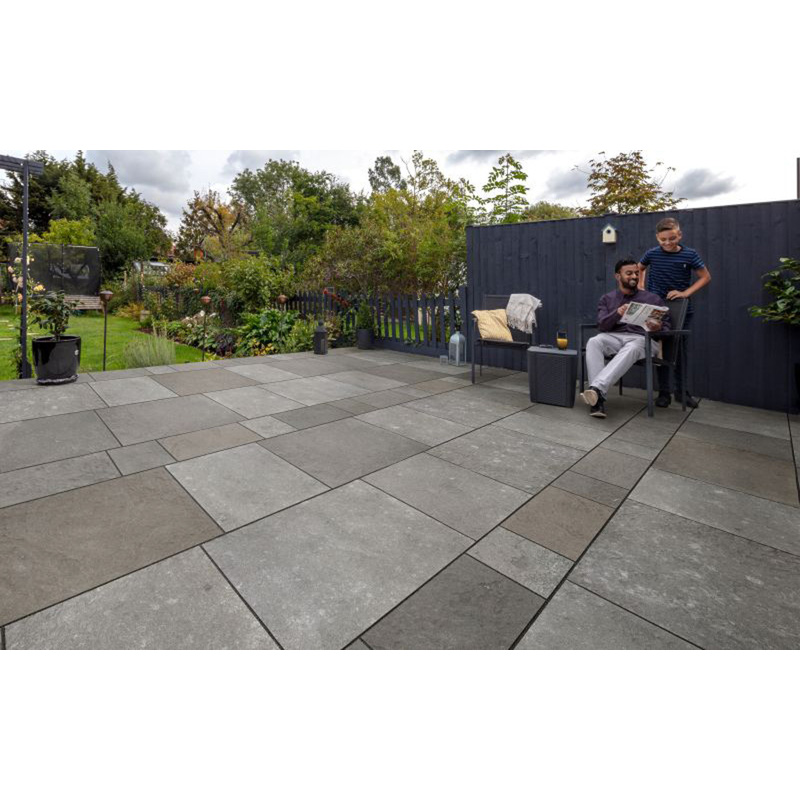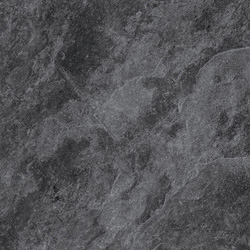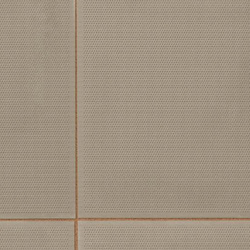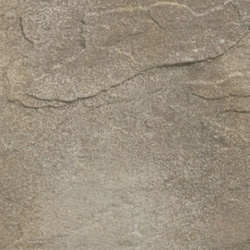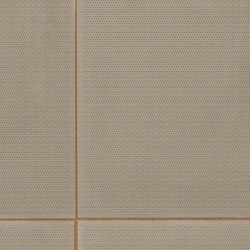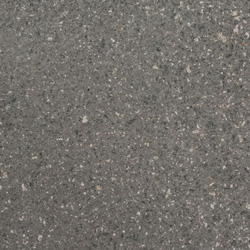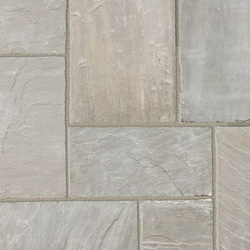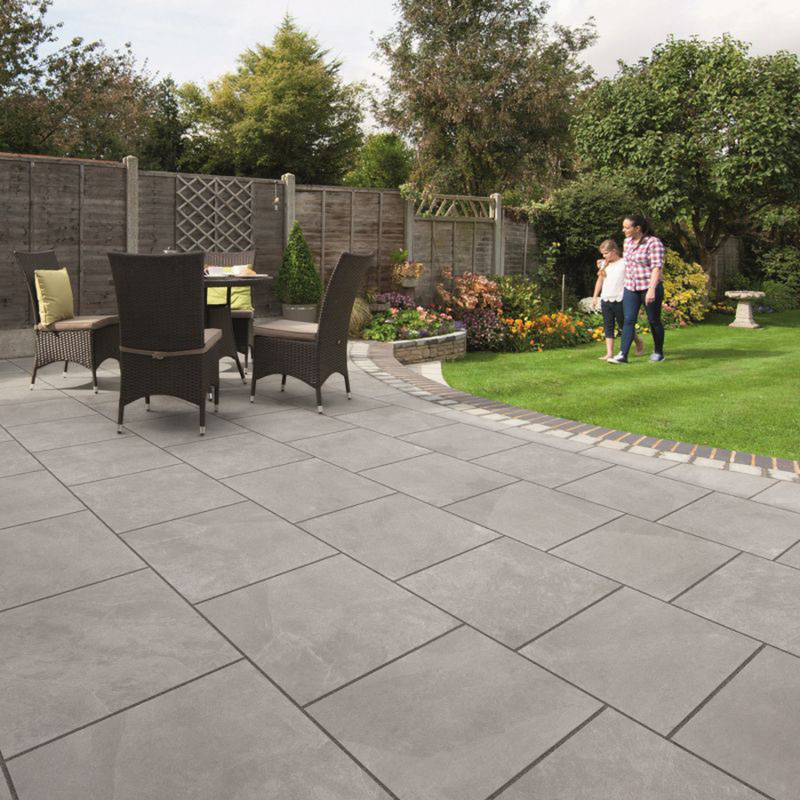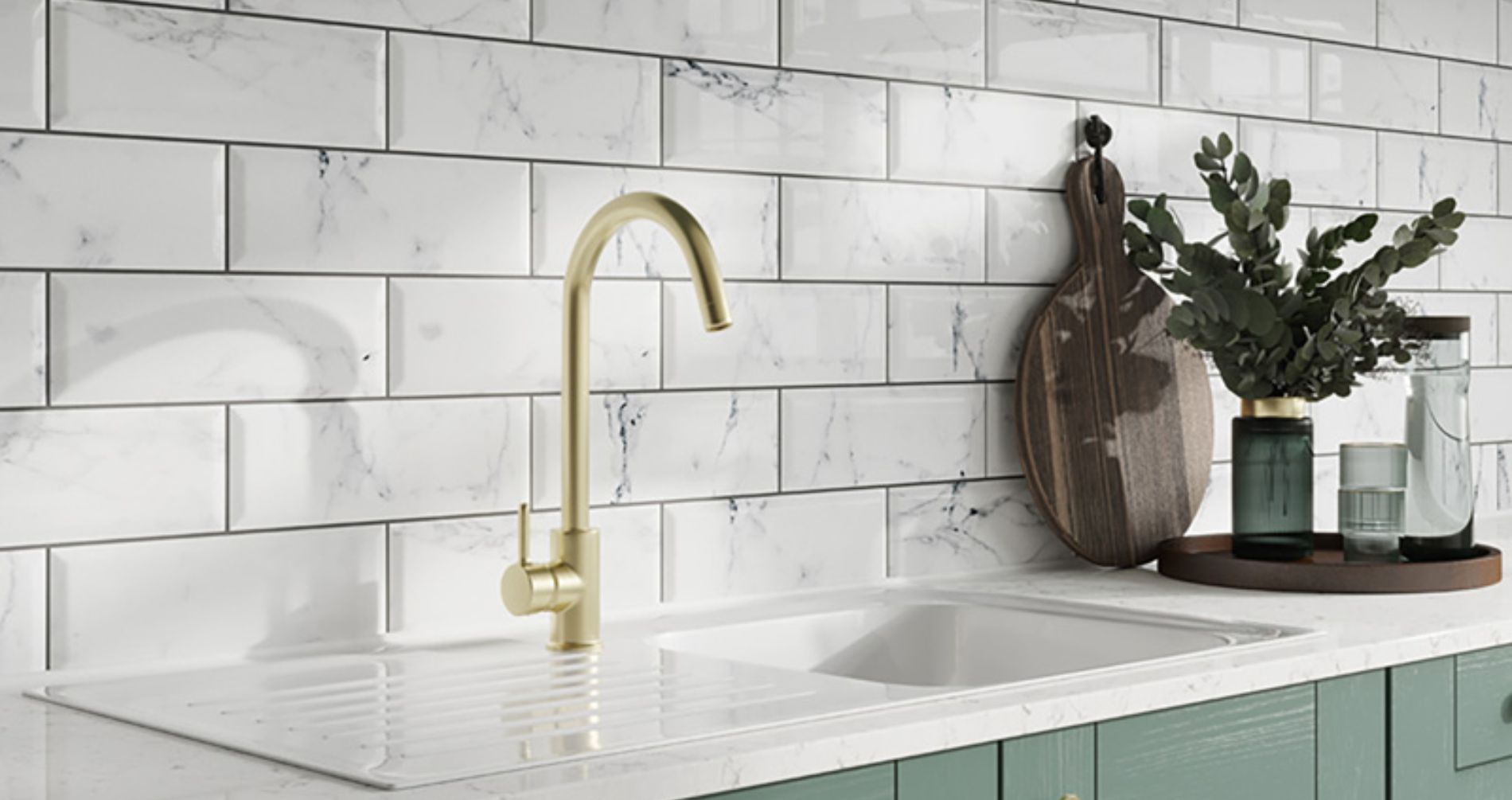Whether you’re refreshing your patio or laying garden paving for the first time, there’s lots to consider. You’ll want to choose between different materials, finishes, sizes and shapes of the paving as well as the environment you need it for.
Choosing the right paving material will depend on a number of factors – from the look you’re after and your budget, to the slip resistance and permeability each type offers. There are a wide range of finishes available too, such as textured, smooth, riven and sawn. Each option can give paving stones a wildly different appearance to fit a variety of aesthetics.
The perfect size and shape of your paving stones will depend on whether you’re after a more cobbled appearance of paving bricks, or sleek, smooth and modern-looking slabs. Paving bricks are more commonly used in driveways, while slabs are often used in gardens – but you’ll find a range of shapes for any application to choose from.
Types of Paving
There are a wide range of paving types available, each suited to different environments and uses. Popular options include concrete, sandstone or porcelain which offer you a range of styles for paving.
Looking for driveway paving? It’s important to note that not all paving is suitable for use on a driveway. Thinner, more delicate paving won’t be able to withstand the weight and pressure of vehicles on a daily basis. At Toolstation, you’ll find a huge range of paving specially made for driveways. block paving is more popular for driveways for this reason.

Porcelain Paving Slabs
Porcelain paving slabs are man-made using clay, sand and minerals which are melted in a high temperature kiln and chemically fused together. This process makes them highly durable, strong, and resistant to scratching. There are a range of shades available, from dark grey to cream – making them perfect for a wide range of garden aesthetics.
Porcelain paving stones are an ideal choice for gardens due to the high slip resistance and wide variety of styles available. They’re also stain, moisture, algae, mould and frost resistant because of their non-porous structure which means they’re easy to maintain. Porcelain paving is strong, so they’re thinner and lighter than many alternatives – making them easier to transport and install.
Due to their extreme durability, specialist tools are required to cut porcelain pavers which few DIYers will have in their garden sheds. Also, porcelain paving stones can be more expensive than other paving types.
Advantages
-
High slip resistance
-
Low maintenance and relatively lightweight
-
Wide range of shades available
Things To Consider
-
Require professional cutting equipment (such as for garden edges)
-
Higher price point than some alternatives
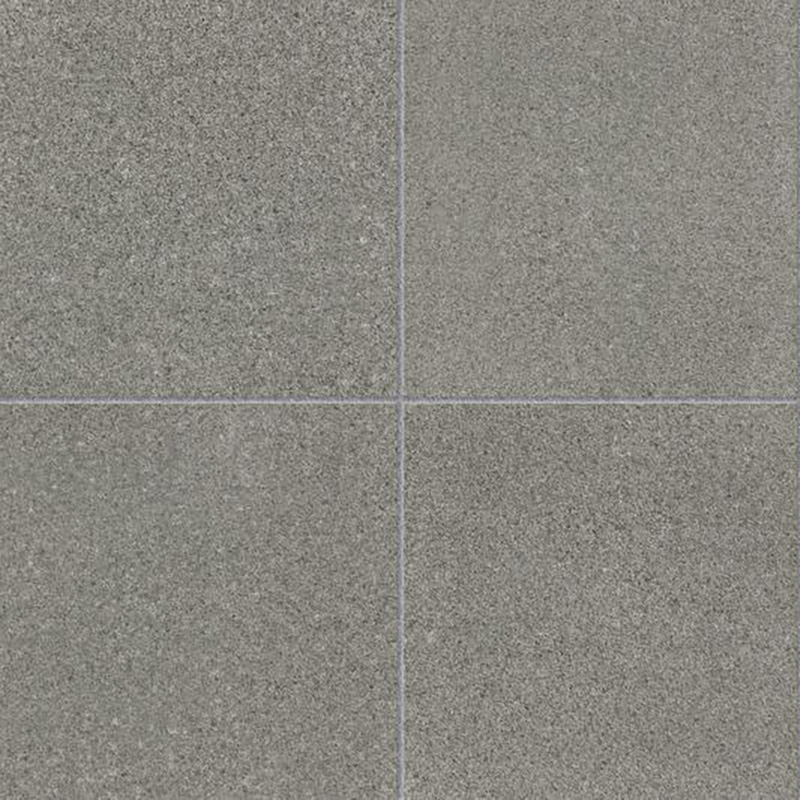
Granite Paving Slabs
Granite is a type of natural igneous rock, formed when lava cools and solidifies. You’ll find a range of granite paving stones designed for garden patios, offering a stylish and modern grey look to a home. This type of paving doesn’t lose its colour over time, even with heavy traffic and very little maintenance.
Granite paving stones are highly durable and resistant to chipping and scratching. They’re an extremely durable paving type and also heat resistant and fireproof – perfect for busy gardens and BBQ areas.
The strength and durability of granite paving makes them heavier than many alternatives – which could make installation more labour intensive. The strength also makes them harder to cut, requiring equipment that the average DIYer is unlikely to have.
Advantages
-
Stylish, modern grey shades
-
Highly durable & resistant to heat, fire, chipping and scratching
-
Low maintenance
Things To Consider
-
Heavier than alternatives – making installation more labour intensive
-
High strength makes them harder to cut

Concrete Paving Slabs
Concrete pavers are a type of artificial paving made with cement, aggregates and pigments. You’ll find a variety of concrete paving at Toolstation which can offer a contemporary or traditional look. You’ll also find some concrete paving options in different designs, including wood effect – combining the luxurious appearance of wood with the low maintenance of paving.
Concrete paving is very durable and is often chosen as a budget-friendly alternative to natural stone pavers. This paving type also has a high slip resistance, so you’ll know the garden patio and driveway is totally safe – even when it’s wet.
The main thing to consider when choosing concrete paving is that the slabs are thicker than other materials, as these man-made paving slabs need the extra thickness for greater strength. These thicker stones may be denser than other options and therefore installation could be more difficult.
Advantages
-
Versatile – contemporary or traditional look
-
Durable and high slip resistance
-
Budget-friendly alternative
Things To Consider
-
Thicker slabs required for strength
-
Slabs are denser, making installation more labour intensive

Slate Paving Slabs
Slate is a type of metamorphic stone – a rock that has been changed fundamentally as a result of extreme pressure and/or heat – and is formed in distinctive layers. Slate paving is perfectly suited for garden paving, offering a unique texture and dark colour – ideal for contemporary spaces.
Slate pavers have low porosity, meaning they don’t absorb water. This means they’re highly resistant to mould damage which will help to keep them looking like new for years to come. Slate paving stones are also very durable and can easily cope with high traffic – perfect for busy gardens!
To keep your slate paving slabs looking fresh, they’ll need treatment with a sealer. The natural layers can be affected by moisture and the weather, meaning occasional maintenance is needed.
Advantages
-
Unique texture and distinctive dark shades
-
Mould resistant
-
Durable
Things To Consider
-
Maintenance and treatment required
-
Natural layers create slight weaknesses in the stone
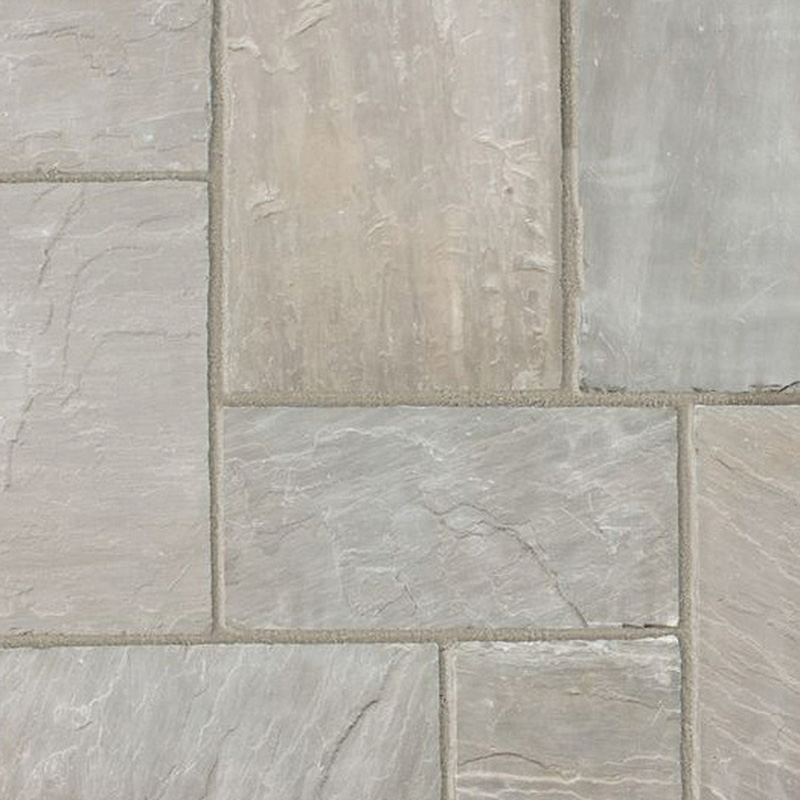
Indian Sandstone Paving Slabs
Indian sandstone is a popular type of paving made of sandy rocks, minerals and mud that have been subjected to extreme temperature and pressure over millions of years. Sandstone is held together primarily with tightly packed silicon molecules which makes the paving slabs very strong.
Indian sandstone paving slabs have a timeless look and are easy to maintain, making it a popular choice for gardens and driveways. They also have a high slip resistance, are very durable, and are able to withstand extreme weather conditions.
Indian sandstone paving, like any natural stone, will occasionally need looking after to ensure it maintains its high quality and distinctive shades for years to come. There are natural variations in colour between sandstone paving, so you’ll want to consider whether you’re after a natural or more seamless appearance. You may also find the surface, at least for the first couple of years, is a little rough – but the slabs will get smoother over time.
Advantages
-
Durable
-
Timeless and easy to maintain
-
High slip resistance
Things to Consider
-
Needs occasional maintenance to keep high quality appearance
-
Natural variations in colour
-
May have a rough surface when first installed
Paving Finish Types

Textured Finish Paving
Textured paving is made by blasting the surface with water or sand under high pressure and is designed to provide a non-slip surface.
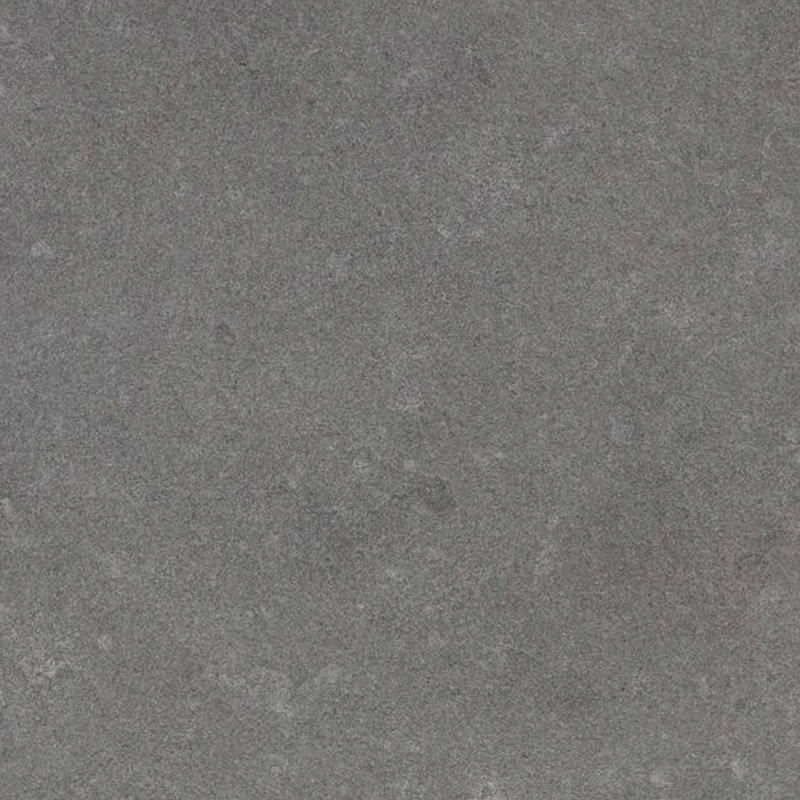
Split-Textured Finish Paving
Split-textured paving has a rough surface and is created by splitting stone along its natural planes. Split-textured paving slabs have a unique, rustic appearance and a high slip resistance.
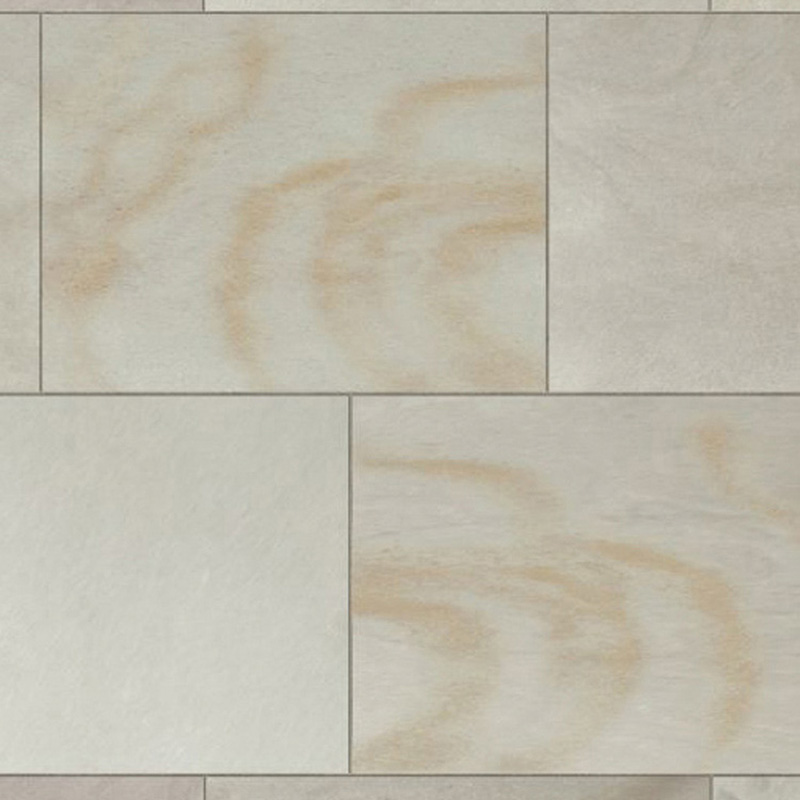
Sawn Paving Finish
Sawn paving stones have a smooth, flat surface achieved by sawing the material with a diamond saw blade. These pavers are easy to clean and maintain, and are found in a range of contemporary styles.
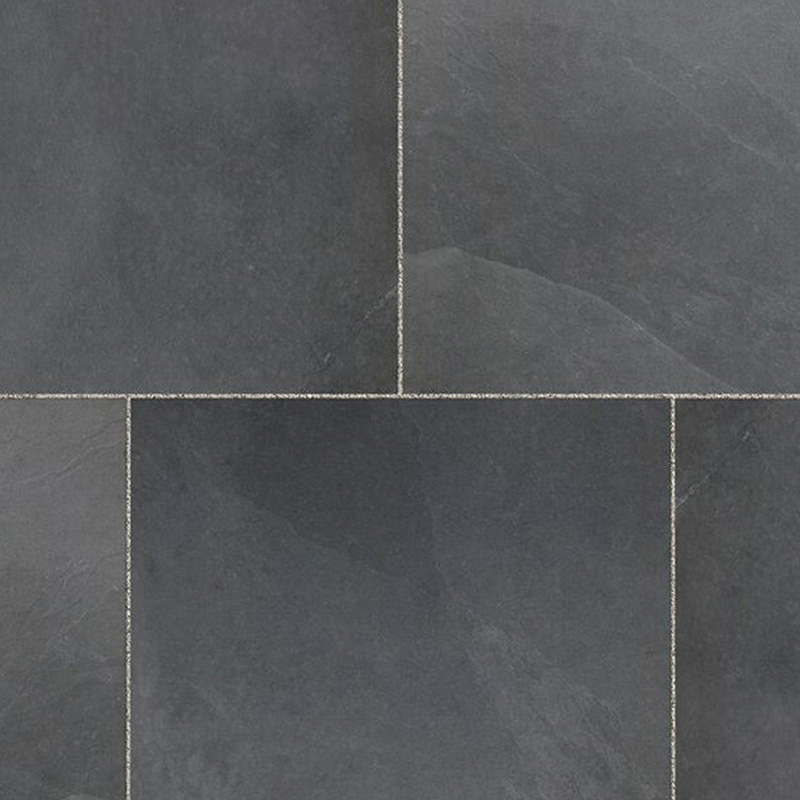
Smooth Finish Paving
Smooth finish paving slabs, as the name suggests, have a smooth, plain surface. This type of finish is ideal for contemporary gardens and driveways to create a modern, seamless appearance.
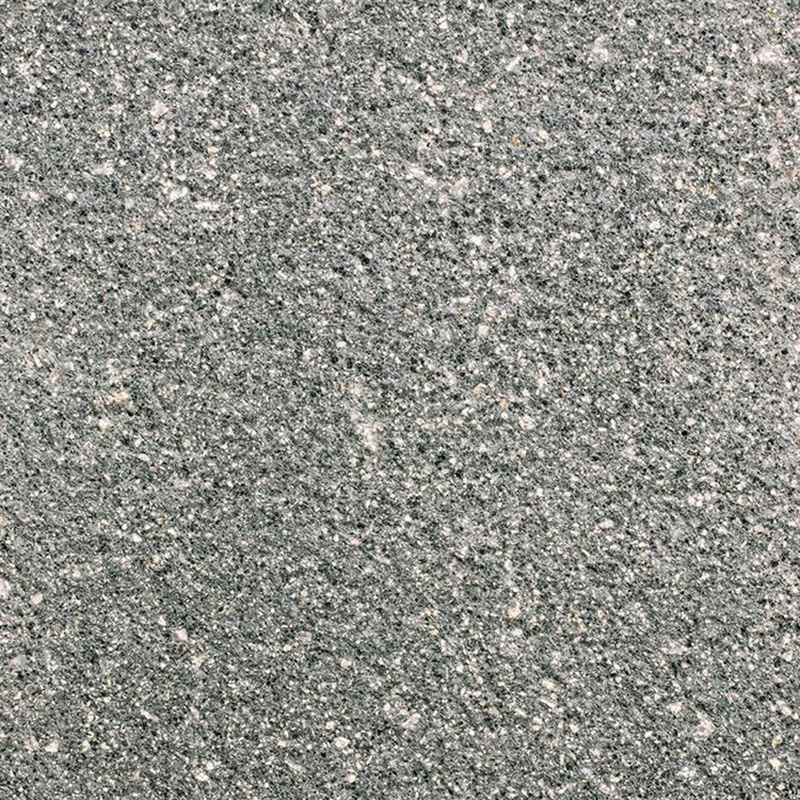
Coarse Finish Paving
Coarse-finish paving has been shot blasted or bush hammered with a high-impact machine to give a textured and irregular surface. Coarse paving is similar to textured finished paving and is non-slip, but shot blasting and bush hammering is specific to concrete paving.
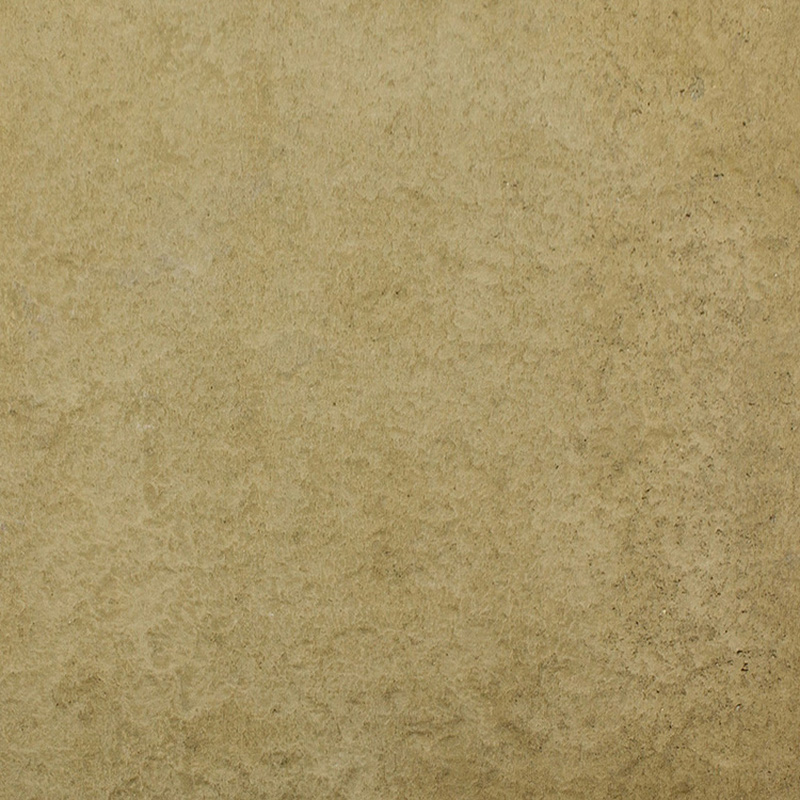
Riven Finish Paving
Riven-finish paving stones are rough and add character and a natural look to your garden or driveway. This type of paving finish is created when stone is split along its natural layers – providing a natural variation between slabs.
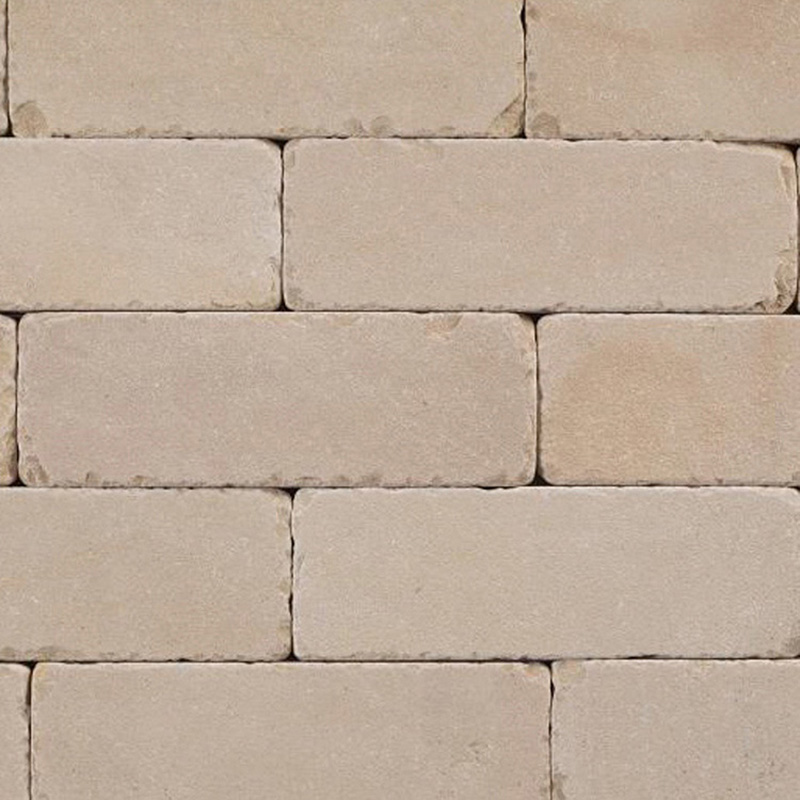
Split & Tumbled Finish Paving
Split & tumbled paving slabs, as the name suggests, are split along the natural planes and then tumbled in a machine to create a unique, irregular texture and an antique appearance. This method is used for natural stone to utilise the natural qualities of the stone for an authentic appearance.
Key Paving Considerations
Shape
Most paving slabs are square which makes them easy to lay. You’ll also find rectangular slabs, which can be placed in a number of different ways for a unique look. Some styles, known as block paving, look like bricks and while they are more commonly used on driveways, can give gardens more character.
Circular and hexagonal slabs can offer a distinctive look and feel to a garden patio. You’ll also find paving packs which use a collection of different shapes to create unique designs and make it easy to carry out your project.
Permeability
Permeable paving allows water to drain through the paving and into the base below, rather than pooling on the surface or draining at the sides of the patio or driveway. This makes for a more natural regulation of rainwater and reduces the chance of puddles and floods.
Concrete bricks are the most common type of permeable paving, allowing the water to get inside the bricks and slowly drain out. There are a range of permeable pavers available, including Grassguard bricks which allow grass to grow through gaps in the bricks for greater permeability.
Paving Accessories
You’ll find a range of paving accessories available, from jointing compound to help with installation, cleaning supplies and pressure washers to maintain the good-as-new look for years to come, and security post blocks to keep people off your driveways.
Combine your paving with kerbs and edging or garden walling for a seamless and distinctive look. With natural stone and concrete options, frame a flowerbed or driveway in a range of shades, finishes and shapes to perfectly complement your space.
Colour
The colour of paving stones you choose will totally depend on personal preference and the style of the space. Darker shades often lend themselves to contemporary, modern gardens and driveways. Lighter shades are versatile, suited to classic and modern spaces.
A paving stone’s material will often determine the colour options – especially when it comes to natural stone like limestone, indian sandstone and granite. Man-made options like concrete and porcelain often have more shades and designs available, including wood-effect tiles.
Slip Resistance
All of the paving stones you’ll find at Toolstation are non-slip, with a slip resistance rating of R11. This means the paving stones won’t be dangerous in wet weather, even if there’s an incline of up to 27°.
With an R11 slip rating, your paving stones will not get slippery over the years, even if they become smoother due to high traffic, or a lack of general maintenance leads to some algae growth.
Colour Variation
With natural stone tiles, colour variation is completely normal and expected. Some natural paving stones, like indian sandstone, will have greater variations between paving slabs. Meanwhile, man-made alternatives like porcelain and concrete are coloured with pigments, and each stone will be the same shade.
If you’re after an authentic look, man-made options with less colour variation is a great, classic option. Alternatively, for a contemporary appearance, man-made paving slabs and blocks can offer a seamless, modern style to a garden or driveway.
Paving Aftercare
Keep your paving looking good-as-new with regular maintenance, including brushing leaves and dirt away in the autumn and winter. A pressure washer can help to remove stubborn stains – use our pressure washer buying guide to find the right choice for you.
Alternatively, spray patio cleaner over dry paving slabs and leave to soak in – no need to remove!

